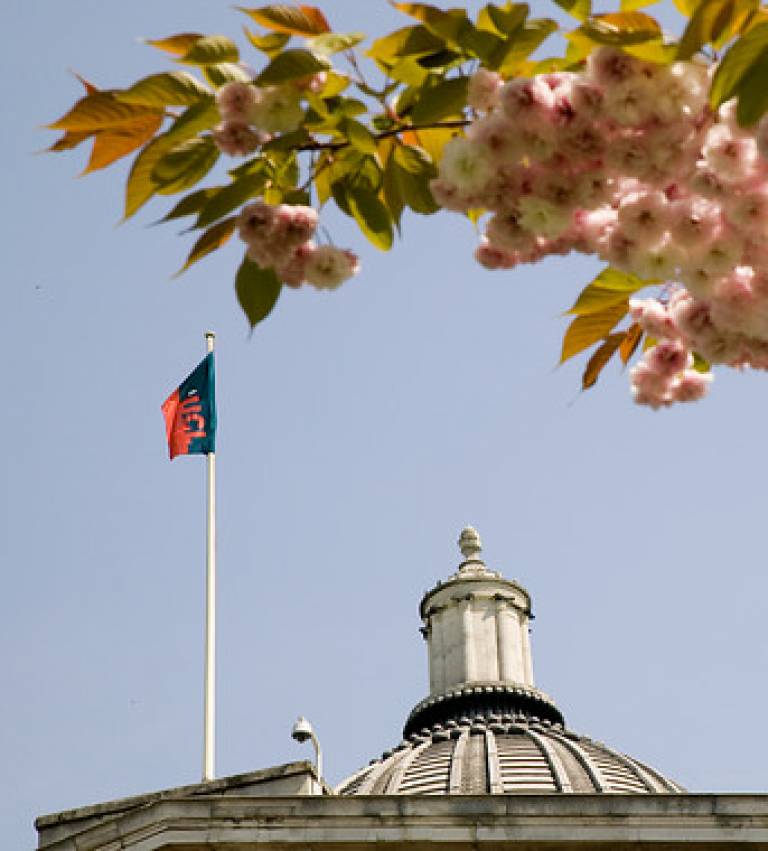Research placement opportunity for undergraduate students
17 April 2023
Applications are invited for undergraduate students who wish to undertake a research placement on Milky Way formation and evolution in the Galactic Astrophysics group (deadline for applications is 19th May 2023).

Our Galaxy, the Milky Way, is the one galaxy for which we get an extremely detailed view of the individual constituent stars. From large-scale photometric, astrometric and spectroscopic surveys of millions to billions of stars, we can derive stellar kinematics and chemistry from which the formation and evolutionary history of the Galaxy can be pieced together. Additionally, from such large datasets, there is the possibility of observing rare or unusual objects which could be key for understanding phases of stellar evolution. The third Gaia data release was provided to the scientific community in June 2022. One of the key novelties in this data release is the provision of low resolution BP/RP spectra for 220 million stars. This unprecedented dataset opens the possibility of measuring both correlations between chemistry and kinematics but also due to its size and coverage, detecting unusual surprising objects.
The goal of the summer project will be to search for these unusual objects in the BP/RP spectra dataset. The student will be expected to run unsupervised and dimensionality-reduction machine learning algorithms on the dataset (see for example, Sanders & Matsunaga 2023 https://ui.adsabs.harvard.edu/abs/2023MNRAS.521.2745S/abstract). The research could lead to a publication led by the student.
Students are expected to be enrolled in a 4-year Masters degree in Physics/Astrophysics. Skills in computing and data analysis are essential. It is desirable if the student is comfortable programming in Python and writing SQL queries. The student will join a small group of researchers working on similar projects related to the Milky Way. The student will be expected to take part in regular group meetings. The student will also join a cohort of other summer students. At the end of the placement, the student will be expected to write a report on their project (and possibly deliver a presentation).
The placement is anticipated to start in July and run for 7 weeks. The student will be paid the London Living Wage of £11.95 an hour for 35 hours work a week.
The research placements are possible through the support of the Royal Society. The Society is committed to increasing diversity in STEM by seeking out participation from under-represented groups, to ensure that studying and working in science are open to all. Applications are encouraged from students from under-represented groups in STEM.
If you wish to apply please send a CV and cover letter to Dr Jason Sanders (jason.sanders@ucl.ac.uk). The deadline for applications is 19th May 2023. Successful candidates will be notified in early June.
 Close
Close

